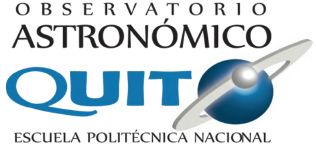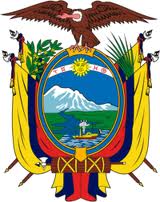  |
Third UN/Ecuador Workshop on ISWI
|
 |
|
|
 23 October 2012 -
23 October 2012 - The United Nations/Ecuador Workshop on the International Space Weather Initiative (ISWI) (http://iswiecuador.epn.edu.ec), hosted by Ecuador for Latin America and the Caribbean, was held on 8 - 12 October 2012 in Quito under the framework of the United Nations Programme on Space Applications (UN-PSA). The Workshop discussed the possibilities that exist and made contribution to the prospective solutions of the issues related to solar-terrestrial interactions, and thus to continue space weather research and education into the year 2013 when the next Solar Maximum is expected to occur. The workshop was co-organized and co-sponsored by the National Aeronautics and Space Administration (NASA), the Japan Aerospace Exploration Agency (JAXA), and the International Center for Space Weather Science and Education of Kyushu University of Japan (http://www.serc.kyushu-u.ac.jp). About 75 scientists, engineers, and policy makers from 20 countries attended the Workshop. The milestone result of the Workshop is contained in the resolution of the Workshop, unanimously adopted by the workshop participants. Participants noted that space weather is important to our society, which increasingly relies on space technology for education, business, transportation and communication. Participants also noted that the International Heliophysical Year (IHY) and ISWI have made significant progress in the installation of new instrumentation for the understanding of space weather impacts on Earth's upper atmosphere generating new data streams useful for space weather in regions unobserved before. With the support of the United Nations Programme on Space Applications, the ISWI has facilitated the operation of nearly 1000 instruments operating in more than 100 of the United Nations member states. The data from these instrument arrays is a unique resource for the study of space weather influences on Earth's atmosphere. The IHY and ISWI schools have trained several hundred graduate students and young scientists, many of whom are becoming mature scientists or engineers as evidenced by their publications. The annual United Nations workshops on ISWI have facilitated instrument deployment, information dissemination, and close international scientific collaboration. Thanks to ISWI, many scientists in developing nations are able to develop and sustain research efforts in their own countries. The participants of the United Nations/Ecuador workshop, therefore, recommended that ISWI be continued as part of the Space Weather agenda item of the Scientific and Technical Subcommittee of COPUOS, starting in 2013. |